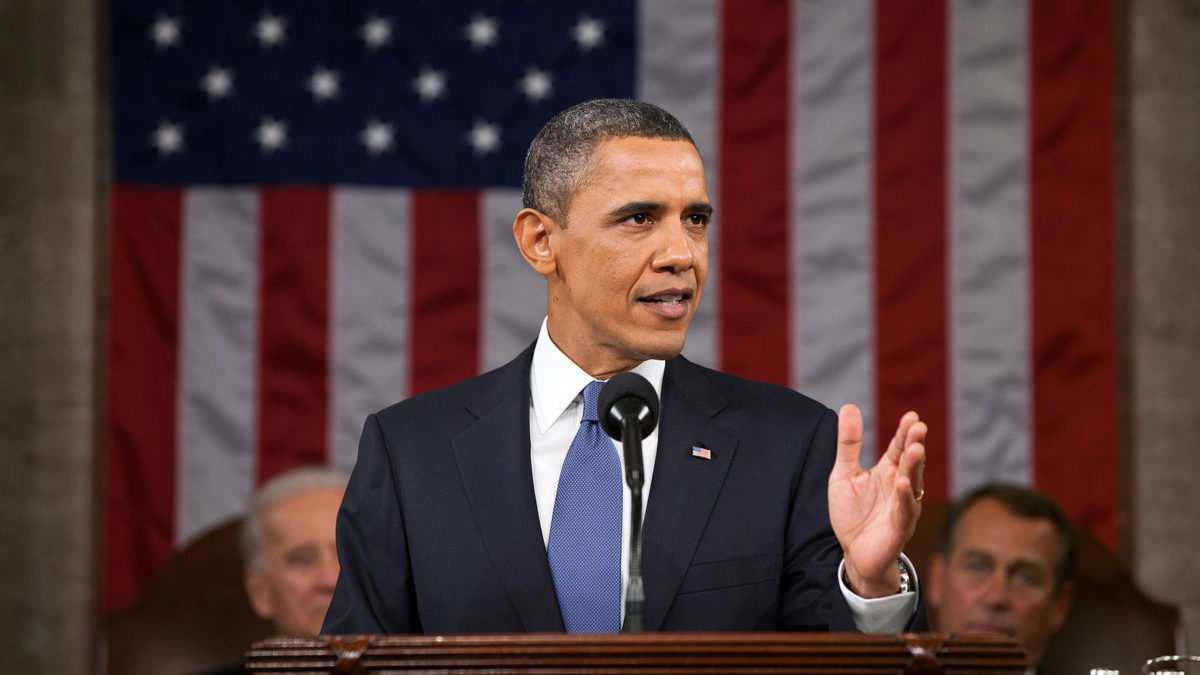Trump’s election isn’t a stain on Obama’s legacy
 Supplied
SuppliedThe presidential legacy of Barack Obama — the first black president in United States’ history — should be defined by and judged on many things, including his handling of the Arab Spring and its fallout (namely ISIS), his handling of the global financial crisis, and his push for healthcare reform, to name a few. The election of Donald Trump, however, isn’t one of these things.
The United States has grappled with race issues since its inception, and its racial progress as a country has never been linear. America has seemingly always progressed two steps forward, and then taken a step back. Its racial progress as a society can be measured by the political progress of African-Americans — a group that has fought institutionalized inequality since before the country’s inception. The election of its first black president for two terms directly followed by the election of its most racist politician in recent history is the latest instalment of this description. That Obama was immediately succeeded by an openly racist man who not only enabled white supremacists but also gave them top campaign positions (see: Steve Bannon) has nothing to do with his prior policies or governance, but everything to do with his race, and is the reason why the election of Trump is not an indictment on the Obama’s presidential legacy.
And while the idea that race catapulted Trump to the presidency can be downplayed by pointing to a number of auxiliary narratives, the reality is that American citizens elected into the most powerful office in their country a man who rose to political prominence by championing the birther movement — a claim that Obama was not actually a citizen of that country and his documentation was falsified, and that because of this, his presidency is invalidated. The racial undertones of those allegations are obvious but nevertheless disturbingly heinous. Still, because of this movement, Trump gained considerable support from millions of Americans who were eager to not only entertain but to back this remarkably racist campaign. These same people went on to form his political base when he initially announced his campaign and introduced his other remarkably racist plans, such as the Mexican border wall or the Muslim ban. These people were not dissuaded by his overt bigotry. They fully embraced it.
The election of Trump follows a well-established pattern in American history that dates all the way back to the U.S. Civil War and emancipation, one of significant pushback after historical and meaningful racial progress. The end of the American Civil War was immediately followed by the era of Reconstruction, in which some African-Americans were given the right to vote, acquire land, and get an education. African-Americans all over the country took advantage of their new-found rights to participate in the political system, by electing the first black senator in Hiram Rhodes Revels, and by electing many other African-Americans to state legislatures. This brief period of enfranchisement was short-lived, as whites in the South moved to restore as much as they could of the pre-Civil War white supremacy. They succeeded in their efforts, and Reconstruction Era ended and was followed by the Jim Crow Era in the South, in which the rights gained in the Reconstruction Era by African-Americans were curtailed and segregation became more entrenched in that region.
Similarly, The Civil Rights Era of the 1950s and 1960s was followed by the use of the “Southern Strategy” in the 1964 election by presidential nominee Barry Goldwater, and in the 1968 and 1972 elections by President Richard Nixon. This strategy fuelled white resentment and supremacy in response to the push for equal rights by African-Americans during the Civil Rights Movement. It is no coincidence to think that arguably the most racist presidential nominee since Goldwater or Nixon was immediately following the presidency of America’s first African-American president. Thus, the election of Trump becomes much clearer and much less surprising when it is understood that his election isn’t a response to any set of policies or governing choices by the Obama administration, but rather a response to the idea of a black president.
Barack Obama holds an impressive presidential resume. He rebuilt the American economy after the financial collapse of 2008, legalized gay marriage, took the first steps to implementing a universal health care system by introducing Obamacare, and finally got the United States out of Iraq and Afghanistan. Median household income increased 15 per cent during his eight-year presidency, while American GDP rose 12 per cent during that same span. These accomplishments as well as his debut as America’s first black president — and the political progress that entails for African-Americans — should be the only elements that factor into his legacy.




